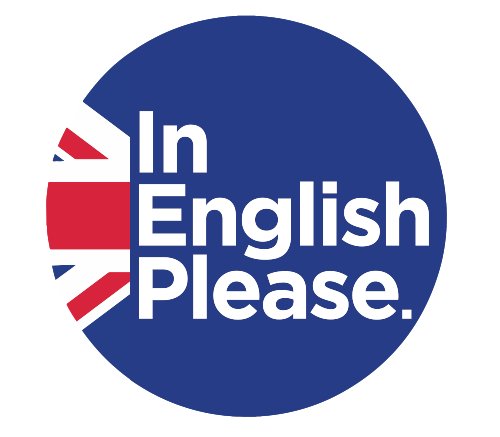Reported Speech – Other tenses

Other tenses in reported speech
In the previous lesson we’ve learned how to say what another person has said when the direct speech is in present simple. For example:
Paul: I eat a sandwich every morning. Como un sándwich todas las mañanas.
Reported speech: Paul said that he ate a sandwich every morning. Paul ha dicho que comía un sándwich todas las mañanas.
But what happens if your friend tells you a sentence in another tense, like the simple past? Look at this example:
Paul: “I ate a sandwich.” (Comí un sándwich.)
Reported speech: Paul said he had eaten a sandwich. (Paul ha dicho que se había comido un sándwich)
When direct speech is expressed in the past simple, reported speech becomes past perfect.
Transformations in Reported Speech
In general, when we talk about what our friend has said, we have to express it in past tense. But which past tense is the correct one? Look at this table:
| Direct Speech | Reported Speech | Transformation |
| I like ice cream. | She said that she liked ice cream. | Present simple > Past simple |
| He is studying for his exam. | He said that he was studying for her exam. | Present continuous > Past continuous |
| I visited my grandmother yesterday. | He said that he had visited his grandmother yesterday. | Past simple > Present perfect |
| I have finished my homework. | She said that she had finished her homework. | Present perfect > Past perfect |
| I will call you tomorrow. | He said that he would call me tomorrow. | Will > Would |
| I can swim very well. | She said that she could swim very well. | Can > Could |
| I may arrive late. | He said that he might arrive late. | May > Might |
| You must* study for the exam. | She said that I had* to study for the exam. | Must > Had to |
*The verb “must” does not have a direct past tense form. Instead, when we want to express the past tense or past obligation in reported speech, we use the phrase “had to” as an alternative to “must.“
Wow! That was a lot of information! Don’t worry, read it again and let’s go to the quiz to practise 👉
👏👏 But before, a big applause to you. This is the end of the B1 course. Great job!

